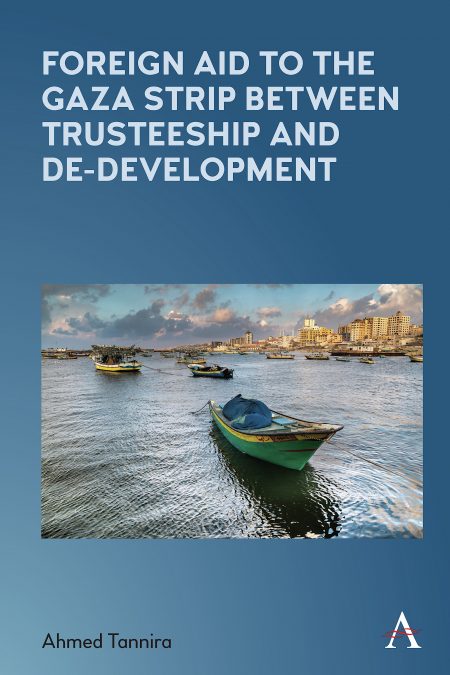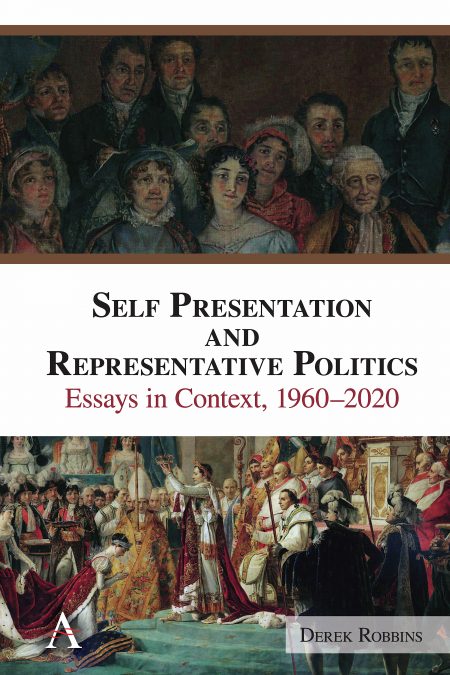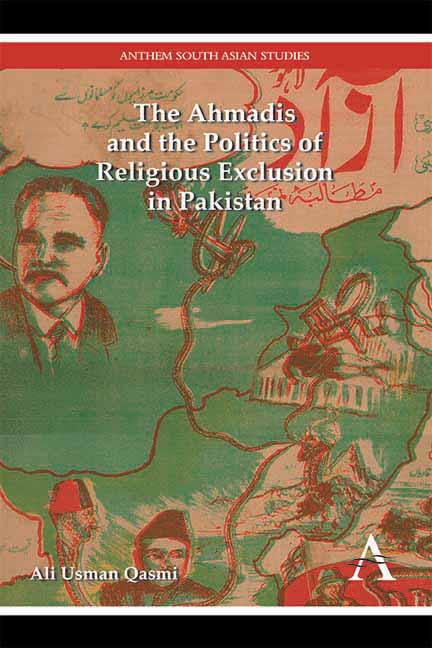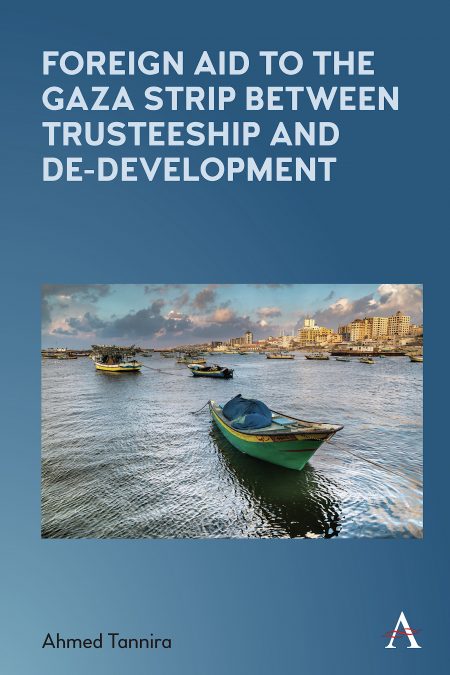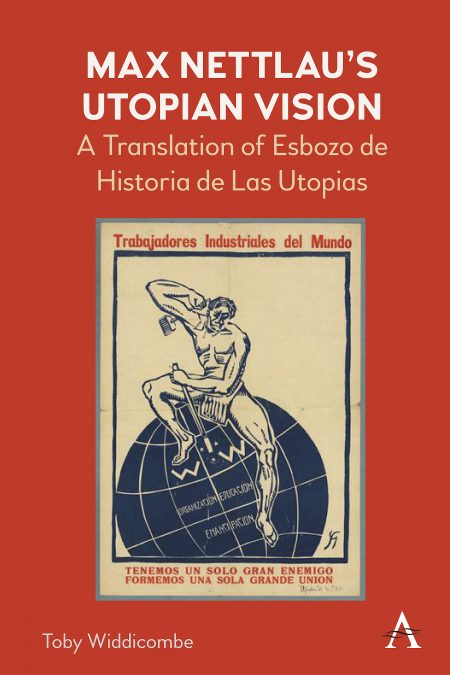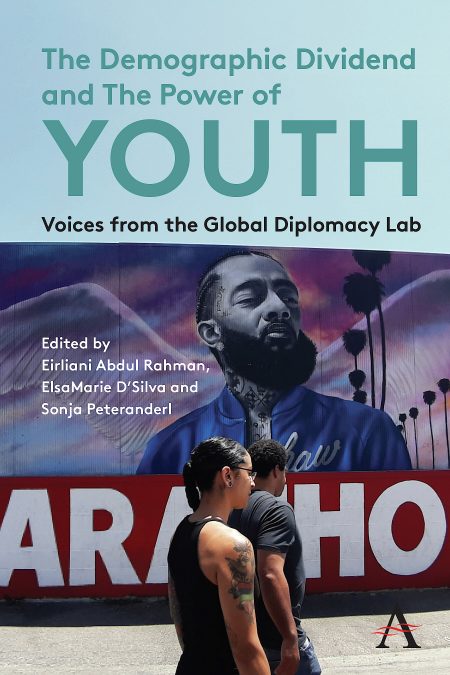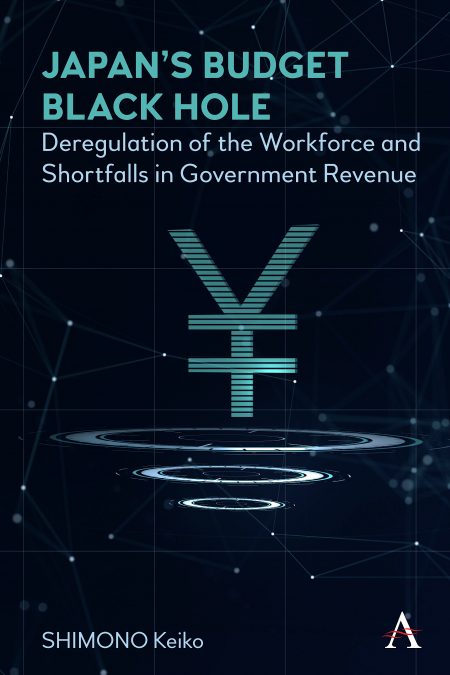Foreign Aid to the Gaza Strip between Trusteeship and De-Development
Title Details
- ISBN: 9781785275715
- December 2020
- Pages: 224
- Imprint: Anthem Press
The book examines the impact of aid to the Palestinian population in the Gaza Strip from the 1993 Oslo Agreement up to 2013. It attempts to go beyond the general notion that the Israeli occupation is the main instrument of control and de-development and rather tries to investigate these aspects and the dynamics that have surrounded foreign aid delivery in the Territory. At the socio-economic level, the book explores how donors’ definition of partner for peace has exacerbated socio-economic inequalities within the Palestinian population in the Gaza Strip. The book also looks at how foreign aid has been used as an instrument for particular groups to advance politically, and through this socially and economically. Hence, the book attempts to investigate the resultant socio-economic imbalances within Palestinian society in the Gaza Strip.
The book employs the concept of trusteeship. According to this concept, the book argues how aid agencies use development assistance to impose forms of control and governance over underdeveloped people. The book also investigates how trusteeship works under the general assumption that development intervention is designed to a) assist underdeveloped people overcome their socio-economic problem; b) protect developed people from the surplus people (underdeveloped) who are perceived as a threat to the developed world, thus required development intervention.
The book also explores the extension of control over the Palestinian population in the Gaza Strip by examining foreign aid delivery through the Palestinian Authority, the NGO sector, and UNRWA. It proposes that the ‘partner for peace’ paradigm essentially used to govern the relationship between Western doors and the Palestinian Authority demonstrates that the Palestinian Authority had to fulfil security interests that best serve the interests of Israel rather than the Palestinians.
A former international development consultant in the occupied Palestinian territories and a UK-based researcher in conflict and international development studies.
List of Illustrations; List of Abbreviations; 1. Introduction; 2. Problematising Development; 3. Gaza: Periodising De-development Under Occupation; Aid, the ‘Partner for Peace’ and the Reshaping of Palestine’s Political and Socio-Economic Spaces; 5. Gaza’s Civil Society and NGOs: The Professionalisation of Security and the Politicisation of Society; 6. UNRWA: Greater Burdens, Tighter Funding; 7. Conclusion: Foreign Aid, De-development and the Objectification of ‘Surplus People’; Bibliography; Index.
“Ahmed Tannira analyses the way that aid to the Gaza Strip perpetuates a status quo defined by Israel. The uncomfortable implication of this book is that UK, EU and US taxpayers are complicit in an authoritarian relationship that reconstructs an entire society in accordance with the notion that Palestinians are unable to make decisions on their own.” — Patricia Sellick, Associate Professor, Centre for Trust, Peace and Social Relations, Coventry University
Related products
-
Self-Presentation and Representative Politics
Essays in Context, 1960-2020
Derek Robbins
January, 2022
£125.00 / $125.00 -
The Ahmadis and the Politics of Religious Exclusion in Pakistan
Ali Usman Qasmi
May, 2014
£115.00 / $115.00 -
Foreign Aid to the Gaza Strip between Trusteeship and De-Development
Ahmed Tannira
December, 2020
£125.00 / $125.00 -
Max Nettlau’s Utopian Vision
A Translation of Esbozo de Historia de Las Utopias
Edited and translated by Toby Widdicombe
April, 2023
£110.00 / $110.00 -
The Demographic Dividend and the Power of Youth
Voices from the Global Diplomacy Lab
Edited by Eirliani Abdul Rahman, ElsaMarie D'Silva, Sonja Peteranderl
February, 2021
£125.00 / $125.00 -
Japan’s Budget Black Hole
Deregulation of the Workforce and Shortfalls in Government Revenue
Keiko Shimono
January, 2021
£125.00 / $125.00
